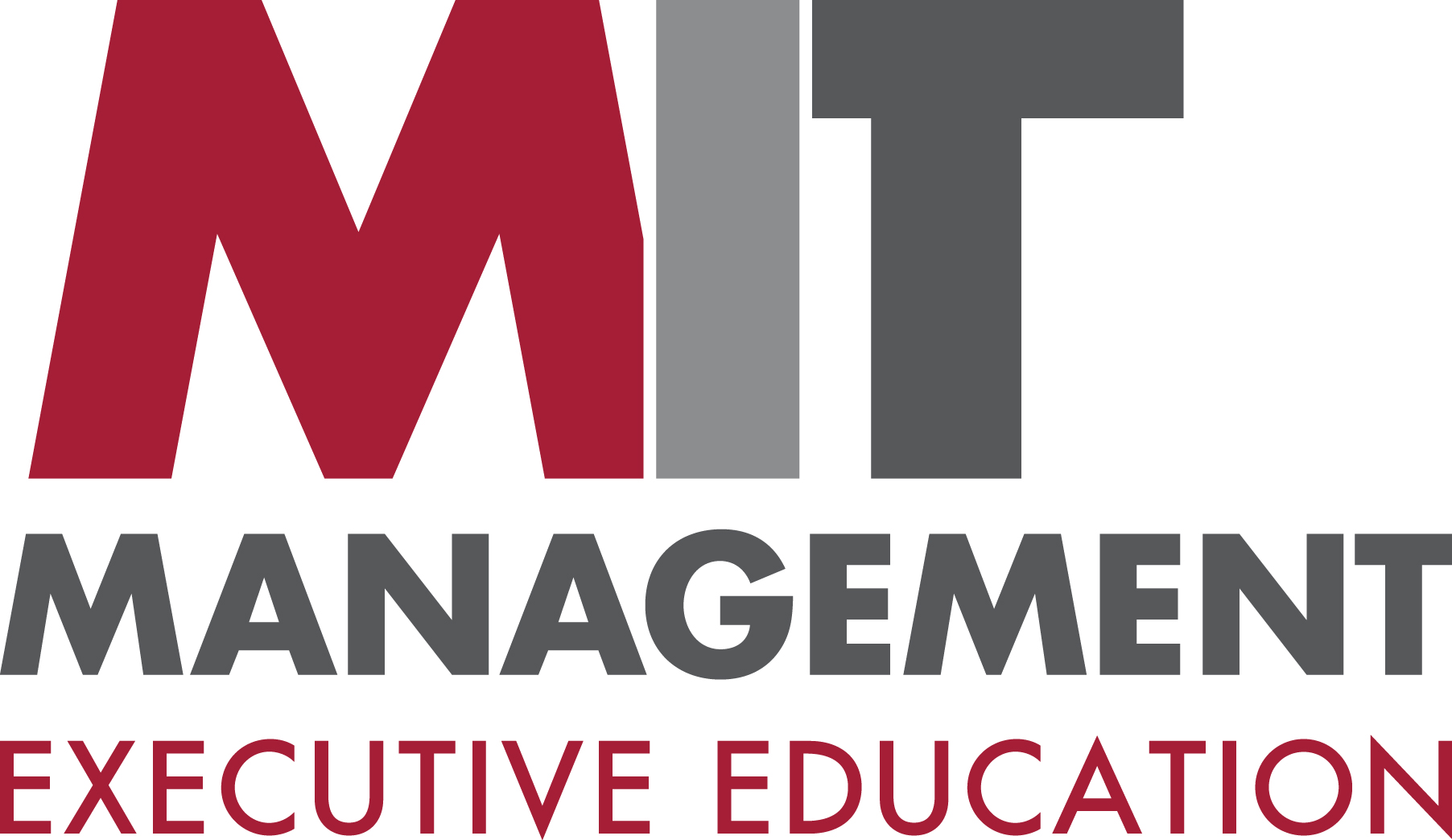- Innovation
The Disciplined Entrepreneur
Entrepreneurship is a non-linear yet systematic process that can and should be learned to help solve our biggest challenges. MIT’s Bill Aulet shows us how it can be done
As Bill Aulet, serial entrepreneur and instructor for MIT Sloan Executive Education’s Entrepreneurship Development Program, shows us, this reality has large-scale implications across many of the hardest and most persistent challenges facing business and wider society today.
With the business community increasingly focused on the world’s multiple environmental problems, well-trained, disciplined entrepreneurs are needed to help find solutions. People ready to embrace change and seize opportunities, and who have the understanding and capability to take innovative ideas through to market, are needed more urgently than ever. For Aulet, this need goes beyond the conventional idea of an entrepreneur as founder of a start-up. Entrepreneurship is needed in all spheres of life.
Solutions to climate change, energy supply, and other persistent global problems are not going to come solely from start-ups. Major corporations must do the heavy lifting. The concern is they may be too risk averse and bureaucratic. Aulet flags where this can be a particular problem: when senior executives are hard-wired into the thinking that brought them promotion maybe 20 years ago. As companies build up their assets, inertia can set in. The good news, as Aulet notes, is that CEOs and senior boards are increasingly seeing the vital importance of constant innovation—albeit this is currently largely due to pressure from investors and fast changing customer preferences.
A key step for organizations, and learning and development departments within them, is to first realize that entrepreneurship can be learned, and that entrepreneurs and corporate intrapreneurs can be developed. With that realization made, focus can shift towards the prerequisites that are essential for making it a reality.
Chief amongst these prerequisites, Aulet stresses the need for would-be entrepreneurs to be ‘anti-fragile’ in their outlook. Through the pandemic a lot has been said about the importance of ‘resilience’; but resilience is neutral—more about defending the status quo than adapting to change. Anti-fragility is a heart-felt state that is proactive, where adversity and change are not feared but are felt to be catalysts for change—and a chance for quickly figuring out what new opportunities are arising.
Anti-fragility is key to the heart of the entrepreneur. Further requirements lie in the ‘head’, ‘hands’ and ‘community’ around them.
Head stands for knowledge. They must have a broad, deep grasp of their area of activity, to see potential market opportunities and predict potential results and consequences of initiatives they might take.
Hands stands for capability—how to do it. This is where the main focus on training and developing entrepreneurs can happen. Not only are there specific skills and approaches relevant to innovation, such as ‘design thinking’—the full canopy of business competences need to be effectively delivered for any entrepreneurial enterprise to succeed—strategic planning, finance, sales, talent acquisition, leadership, etc.
Community is vital because no entrepreneur can do it alone. Aulet quotes Harvard Business School's ‘lion of entrepreneurship,’ Howard Stevenson, who defined entrepreneurship as, "the pursuit of opportunity beyond the resources you currently control." A distributed community-based model, where entrepreneurs take advice and help from peers in return for giving themselves, is the best way to ensure access to a wide range of resources and support for an enterprise.
The wealthiest people on earth may be entrepreneurs, and yet, as Aulet argues, successful entrepreneurship is not focused on profiteering. The drivers of success are purpose and belief—not just making money. Entrepreneurship is an ethical activity, often with a social responsibility imperative, that is founded on taking financial and personal risks and fighting through adversity to do something that has never been done before. It also requires a compelling raison d'être—something more meaningful than money—to attract talented people to the cause.
Beyond his ideas on the heart, head, hand, and community, Aulet’s final, fundamental piece of advice for would-be entrepreneurs is to engage with the challenge of entrepreneurship today—to get started. As Newton’s first law of motion states: ‘A body at rest will remain at rest, a body in motion will continue in motion.’ Disciplined entrepreneurship is a team sport. It is important not to let perfect be the enemy of the good—get started, engage with partners, and ideas will develop.
This article is based on the MIT Sloan Executive Education webinar: Disciplined Entrepreneurship with MIT’s Bill Aulet
……………………………………………………………………………………………………………………
Join Bill in these upcoming MIT Sloan Executive Education programs:
Entrepreneurship Development Program
Dates: Jan 16–21, 2022 Format: In Person Location: Cambridge, Massachusetts
Dates: To be confirmed Format: Live online
……………………………………………………………………………………………………………………..
MIT Sloan is uniquely positioned at the intersection of technology and business practice, and participants in our programs gain access to MIT’s distinctive blend of intellectual capital and practical, hands-on learning.
ARTICLES YOU MIGHT LIKE
VIEWPOINT
Cognitive neuroscientist, Lynda Shaw, explains how to understand and support intrapreneurs
DEVELOPING LEADERS QUARTERLY MAGAZINE AND WEEKLY BRIEFING EMAILS


































